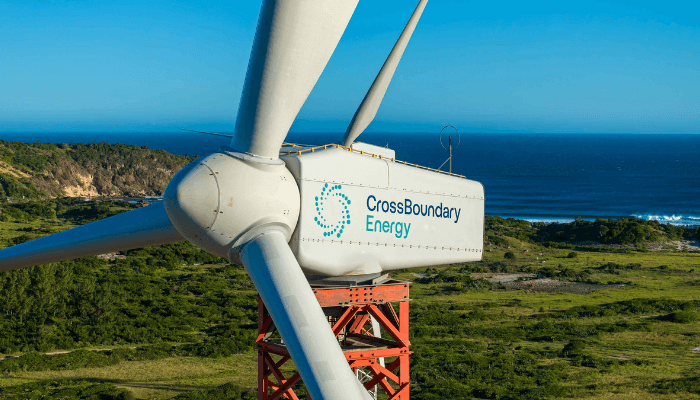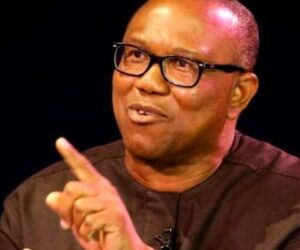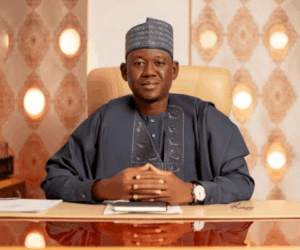Nigerian businesses will be among the beneficiaries of a $40 million investment from Impact Fund Denmark into CrossBoundary Energy (CBE), aimed at expanding access to clean and reliable electricity for businesses across Africa.
The investment, according to the Impact Fund Denmark, is expected to accelerate the deployment of solar and battery energy systems that will help businesses cut reliance on costly diesel generators, lower carbon emissions, and improve access to stable electricity.
Nigeria, Africa’s biggest economy, is among the countries where businesses face some of the continent’s steepest energy costs due to unreliable grid supply and widespread dependence on diesel.
In a release by the partners, they said the collaboration could provide relief to manufacturers, telecom operators, and service industries that grapple with erratic power and rising fuel prices.
Read also: AI-driven human resource solutions can transform Nigerian businesses- Expert
“This investment aligns with our primary objectives: tackling climate change, supporting poor and fragile regions, and fostering growth in Africa,” said Thomas Hougaard, Managing Director and Co-Head of Green Energy and Infrastructure at Impact Fund Denmark.
“By supporting CrossBoundary Energy, we are contributing to sustainable development, reducing carbon emissions, and improving the quality of life for communities across Africa.”
Across much of Africa, unreliable electricity remains a defining challenge. In Nigeria and South Africa, frequent outages and load shedding have made grid power highly unstable.
Countries such as Madagascar, Mozambique, and the Democratic Republic of Congo face even greater hurdles, with limited grid coverage making off-grid solutions not just attractive but essential.
In Zambia, where hydropower accounts for around 8 percent of electricity generation, prolonged droughts have exposed the risks of overdependence on a single source.
Zimbabwe’s situation is even more severe, with crippling capacity shortfalls causing economic losses estimated at 6.1 percent of GDP each year.
“Our zero-CapEx model lowers the barrier to entry for African businesses seeking stable, clean, and cost-effective power,” said Pieter Joubert, President and Chief Investment Officer at CrossBoundary Energy.
Read also: Nigerian businesses should prioritise continuous training for long-term success- Business leader
“These companies’ balance sheets are freed up to invest in their core activities, allowing them to reach and exceed their targets and unlock further economic value.”
CBE has supported projects across the continent, from powering telecom towers with solar and batteries for Sierra Leone’s first 5G rollout to building Madagascar’s first wind farm alongside a 14 MW solar project for Rio Tinto.
The company, which develops, finances, and operates distributed renewable energy projects, already has a portfolio of 30 projects in eight African countries, including Nigeria. Its clients range from multinational firms such as Unilever and Guinness to mining giant Rio Tinto. The company offers long-term power purchase agreements that eliminate upfront costs for businesses seeking reliable green power.









